Mankind’s best friends
Many people share their homes with them and all of us benefit from them – for example for food. Without the help of animals, mankind would probably not be as advanced as it is today. Some species have been on our side for a very long time. But which was the first species that joined human lives? Which animal was first domesticated and why did our ancestors choose this particular species?
Pigs are among the youngest members. Humans began to domesticate pigs around 4600 B.C. Evidence in form of fossils and DNA pieces for the time has been found in northern Germany. The finding is especially significant because the people in that era were Mesolithic hunter-gatherers (the so called Ertebølle culture) who may have already started to domesticate dogs but were not known to raise animals and crops for food.
Our list continues with one of the most beloved pets of our time, the cat. The oldest record of a cat living together with humans has been found on Cyprus about 9,500 years ago. Scientists found a young man buried along with a wildcat. Looking at Egypt about 4000 years ago, we find wall art displaying mummified cats. So we can be certain that feral cats by that time had already become loved pets. So it is clear that domestication happened in between these two dates. When exactly and why we don’t know yet.
Looking at sheep, the history of their domestication by mankind started even earlier. In ancient Mesopotamia the wild mouflon was domesticated between 11000 and 9000 B.C. These sheep were primarily raised for meat, milk, and skins. Wool only became important a few thousend years later, around 6000 B.C. In Iran a trading system was established that exported the wool to Africa and Europe.
The last animal in our list has been alongside of humans since between 18,800 and 32,100 years ago in Europe. A study explains that our ancestors started to turn their lupine foes into their best friends. We are talking about the dog. Or at least an animal that is a direct relative of the dogs we know today. Fossils of dog-like animals have been found, the study explains. But these creatures did not appear to leave any descendents, so there is no perfect proof as long as nobody can travel back in time to see our grand-grand-grand-grand-folks with their poochies.
9 animals that don’t need to go to the gym for training anymore
Jogging, gymnastics, pumping iron – humans make a great fuss about training their muscles in order to get stronger. But we will hardly ever be able to take it up with the following animals, which are considered to be the strongest on the planet – measured by how much they can lift in relation to their body weight.
Grizzly bears can take up to 0.8 times of their body weight.
Anaconda snakes can beat down one time their body weight.
Oxes are able to move objects 1.5 times their body weight.
African Elephants are also able to take 1.5 times their body weight – as they are very heavy themselves (about 6,000 kilogram), they are – in absolute terms – the strongest mammals.
Tigers manage to carry twice their body weight – even up a tree trunk.
Eagles can fly around with additional 4 times their body weight.
Gorillas manage to lift things 10 times as much as their body weight.
Leafcutter ants carry 50 times their body weight – with their “teeth”!
Dung beetles are the strongest animals: They can move objects that are more than a 1,000 times heavier than themselves.
Wondering now, how humans will get on? The average man will struggle to lift 0.65 times his body weight over his head. But in fact, the strongest man did so with about 4 times of his weight.






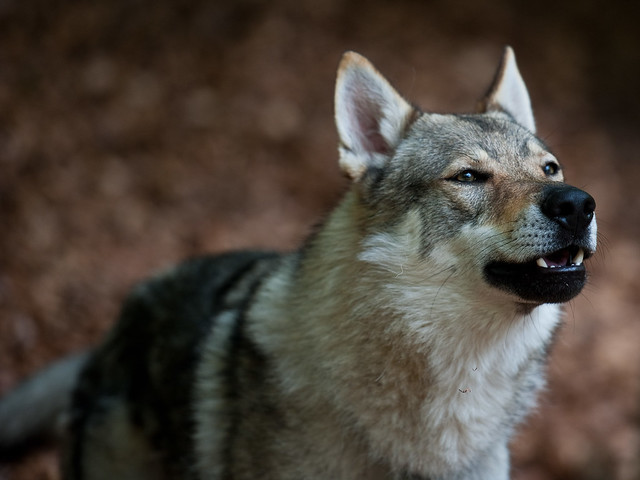

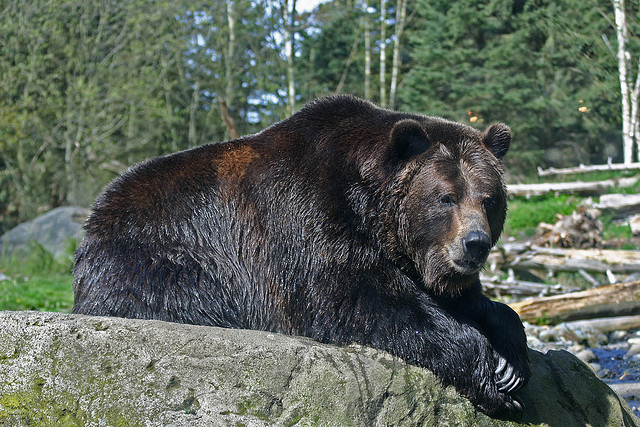
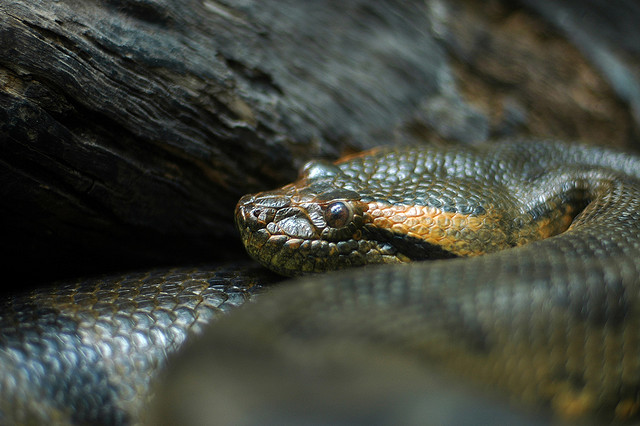
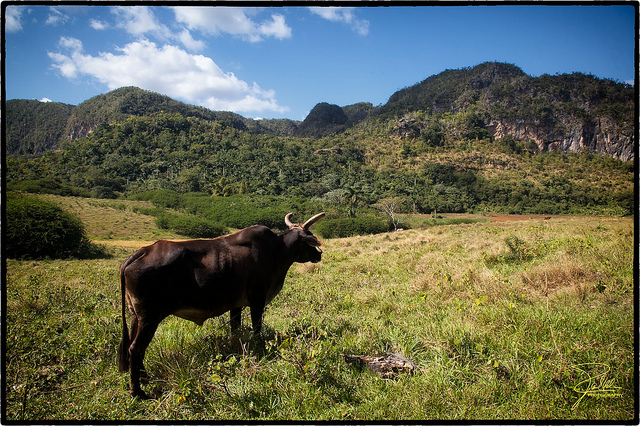
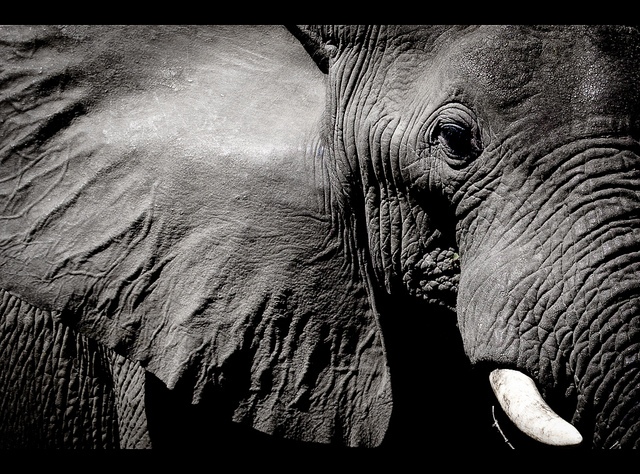
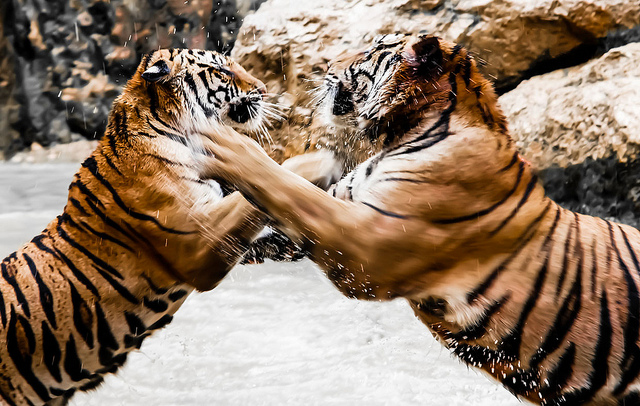
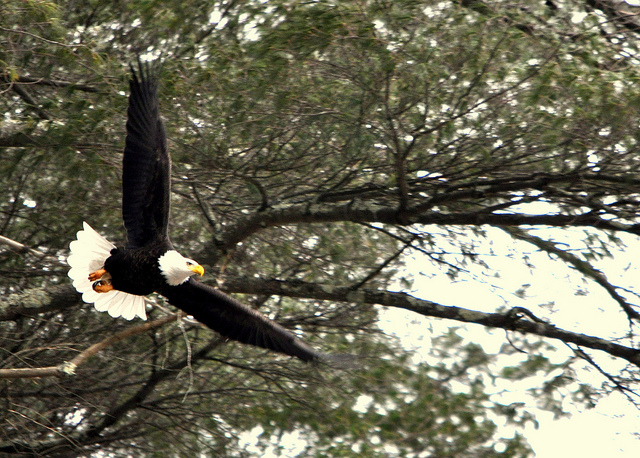
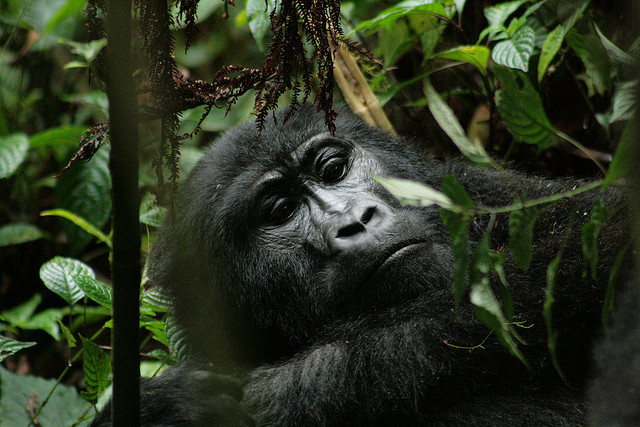
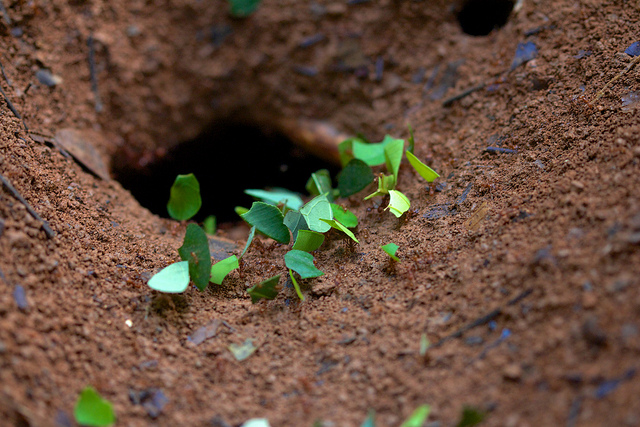
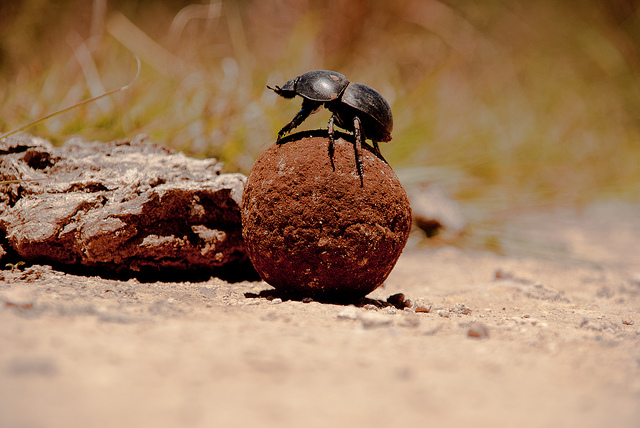




Feedback